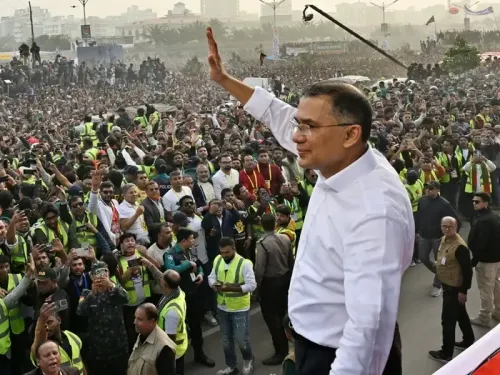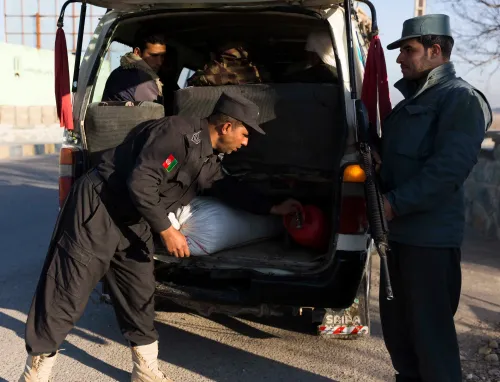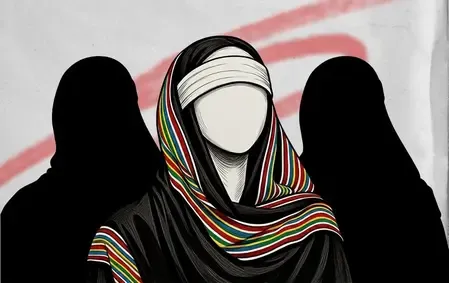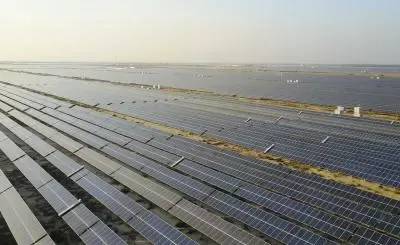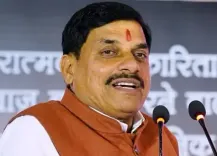Did EAM Jaishankar Address the Pahalgam Attack at the SCO Meeting?
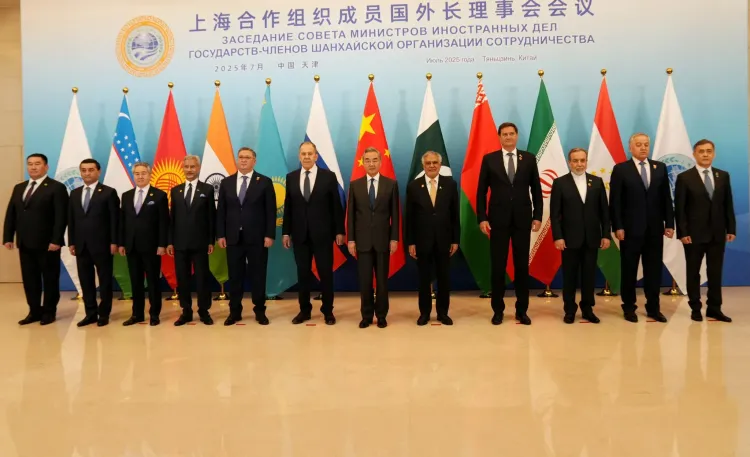
Synopsis
Key Takeaways
- Importance of SCO's role in combating terrorism, separatism, and extremism.
- Need for international cooperation to address global challenges.
- India's initiatives in startup innovation and digital infrastructure within the SCO.
- Promotion of the INSTC for enhanced trade and connectivity.
- Commitment to Afghan development by India and the international community.
Tianjin (China), July 15 (NationPress) Emphasizing the heinous terrorist attack on April 22 in Pahalgam, External Affairs Minister (EAM) S. Jaishankar stated that it is essential for the Shanghai Cooperation Organisation (SCO) to adhere to its foundational aims of addressing terrorism, separatism, and extremism, adopting an unwavering stance against these threats.
"The three primary challenges that the SCO was established to combat are terrorism, separatism, and extremism. It is not surprising that these issues frequently intersect. Recently, India experienced a stark illustration of this in the terrorist attack in Pahalgam on April 22, 2025. This act was intentionally executed to undermine the tourism industry in Jammu and Kashmir and to create a religious divide," remarked EAM Jaishankar while speaking at the SCO Council of Foreign Ministers Meeting in Tianjin, China, which was also attended by Pakistan's Deputy Prime Minister and Foreign Minister Ishaq Dar.
He further noted, "The UN Security Council, of which several of us are current members, condemned this attack in the strongest terms, emphasizing the necessity to hold accountable the perpetrators, organizers, financiers, and sponsors of this abhorrent act of terrorism. We have taken decisive actions in this regard and will persist in doing so. For the SCO to remain aligned with its foundational goals, it is critical to adopt a firm stance on this issue."
During his address, EAM Jaishankar drew attention to the fact that the meeting is occurring amidst a period of significant global disorder.
"In recent years, we have witnessed an increase in conflicts, competition, and coercion. Economic instability is also on the rise. Our challenge is to stabilize the global order, mitigate risks across various dimensions, and address enduring issues that endanger our collective interests," he stated.
India has initiated several projects within the SCO, focusing on areas ranging from startup innovation to traditional medicine and digital public infrastructure.
"We are committed to welcoming innovative ideas and proposals that genuinely serve our collective interest. It is vital that such cooperation is founded on mutual respect, sovereign equality, and adherence to the territorial integrity and sovereignty of member states," asserted the EAM.
To enhance collaboration within the SCO, EAM Jaishankar suggested increasing trade, investment, and exchanges.
"To elevate our cooperation, we must address several current challenges. One issue is the lack of guaranteed transit within the SCO area, which undermines the credibility of advocating for economic cooperation. Additionally, we must promote the International North South Transport Corridor (INSTC). We are optimistic that it will continue to gain momentum," he expressed.
India has consistently shown its willingness to address the urgent developmental needs of the Afghan populace and has advocated for increased development activities in the conflict-ridden region.
"Afghanistan has long been a priority on the SCO agenda. Our regional stability concerns are strengthened by our enduring commitment to the welfare of the Afghan people. Therefore, the international community, especially SCO members, must enhance their development aid. India, for its part, is dedicated to doing so," EAM Jaishankar remarked.
Having previously highlighted that the dynamics of multipolarity are more evident than ever, the External Affairs Minister emphasized the necessity of cooperation and coordination among regional nations.
"The world is transitioning towards greater multipolarity. This evolution is not only about the redistribution of national capabilities but also the formation of effective groupings like the SCO. Our ability to influence global affairs will depend on how successfully we unite around a common agenda, which necessitates inclusive participation from all parties involved," he concluded.


